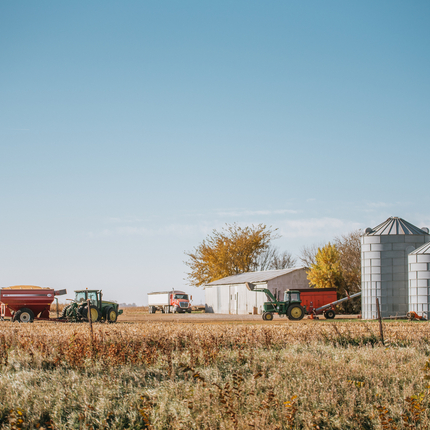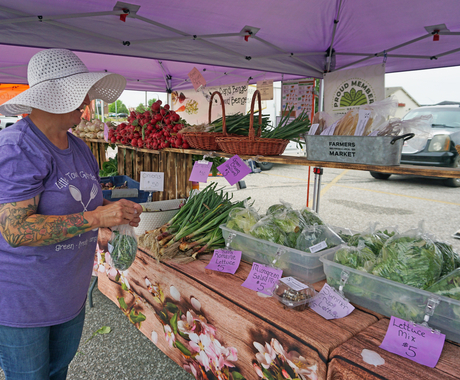Results of this week’s election will have significant implications for the future of rural America. Voters should not forget the farm bill is on the ballot.
A strong farm bill is crucial for rural communities. It preserves our nation’s soil and water, assists the next generation of agricultural producers, and supports small businesses on main street. Unfortunately, Congress allowed the farm bill to expire on Sept. 30, 2018.
Lawmakers have stalled deliberations for a new bill for two major reasons.
- The House of Representatives and the Senate each passed very different versions of the farm bill. Their two bills demonstrate divergent visions for rural America, particularly in the areas of farm program payments, conservation program funding, and nutrition assistance (for example, the conservation proposals are explored further here). While Congress has been deliberating these and other differences between the two bills for months, unfortunately no resolutions have emerged.
- The upcoming election has sucked most of the oxygen out of the farm bill conversation.
This entire situation is unfortunate, because the Senate bill has a number of positive proposals that are needed steps forward for rural America and should be made into final law. First, it proposes to tighten egregious loopholes in farm program payments, fixes which have been needed for generations. We also support the bill for proposing to fund and strengthen conservation programs, particularly the Conservation Stewardship Program, which offers farmers and ranchers a comprehensive pathway for increasing needed conservation on their operations. Finally, the Senate bill funds and strengthens several programs that support rural economic vitality: the Beginning Farmer and Rancher Development Program, the Outreach and Assistance for Socially Disadvantaged and Veteran Farmer and Rancher Program, the Value-Added Producer Grants Program, the Farmers Market and Local Food Promotion Program, and the National Organic Certification Cost Share program. While we are very disappointed the Rural Microentrepreneur Assistance Program cannot also be included in this list, this bill represents overall positive benefits for rural America.
The upcoming election on Nov. 6 has pulled much of Congress’ attention; as happens every two years, every member of the House of Representatives and a third of the Senate is up for re-election. But the 2014 farm bill expired over a month ago, and more than $1 billion in funding is still left frozen – including for the majority of the conservation and rural economic vitality programs that we support in the Senate bill.
This means no new enrollments are allowed under the Conservation Stewardship Program and several other conservation programs. No new plans can be made for education under the Beginning Farmer and Rancher Development Program. And the Rural Microentrepreneur Assistance Program and its support for small business owners is in even more dire straits, since in addition to being expired, neither the House nor Senate bills have proposed to fund it.
Congress is scheduled to return to Washington and resume their work on Nov. 13, and is set to have nearly a month of legislative time during what is called a “lame duck” session before the new lawmakers (those who will be elected on Nov. 6) are sworn in. As the election draws closer, we urge Congress to not forget about rural America, not forget about the important support the farm bill provides to rural America, and work to pass a strong farm bill as soon as possible.



